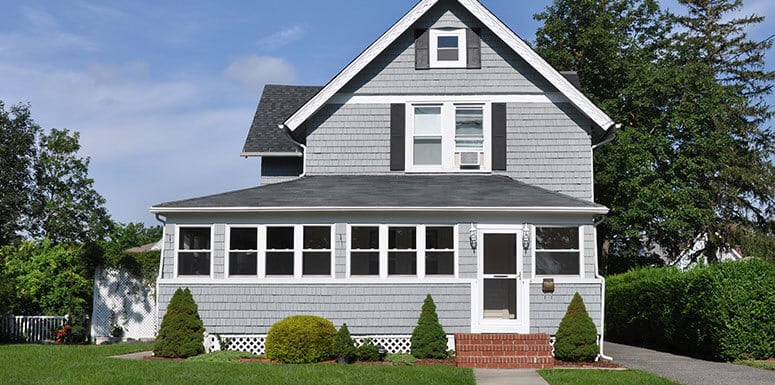
Written by Jonathan Breeden
Getting a divorce is a life-altering experience. Not only are you ending your marriage, but you are also likely going to give up some possessions you owned as a couple, in addition to negotiating child custody and support payments. Some people have a hard time letting go of everything in their lives at once, and they try to hold onto something familiar – such as the marital home. If you would like to learn how to keep your house in a divorce, contact Breeden Law Office at (919) 661-4970 to speak with an experienced North Carolina divorce lawyer.
It is possible to keep your marital home after a divorce, but it won’t be easy or cheap. Check out these four steps to learn how you can stay in your house:
Step 1: Determine if you can even afford your house.
After owning a home with someone else for a number of years, you may not realize how much it actually costs. Staying in your house means you will become solely responsible for the mortgage, taxes, utilities, repairs, and general maintenance. Before you can even think about the next steps, you need to make sure you are financially capable of taking on all of these responsibilities.
If you’ve decided that you can afford your home, you will need to find a bank that agrees with you. Banks will also have to review your finances to ensure that they can lend to you. Being single does not automatically take you out of the race, but a bank may think your single income is not enough to cover your mortgage.
Step 2: Calculate the value of your home.
You will need to figure out the value of your home to uncover how much equity you and your spouse have. To figure out your home’s value, you will schedule a certified appraisal. An appraiser will inspect your home, and the property values of surrounding properties, and arrive at a dollar value for your home.
Again, this can work for you or against you. If you find out that your home is worth less than what you owe on it, you may opt to sell it instead, and the court can split the amount you still owe between you and your spouse. If you have some equity, however, your spouse may be more inclined to agree to sell the house to you.
Step 3: Offer to buy out your spouse.
North Carolina divides marital property according to the rule of equitable distribution, meaning that property is divided fairly – though not necessarily equally – among each spouse. If possible, you and your spouse are encouraged to divide up property among yourselves. That way, when you file for divorce, the court will have little involvement in this step. You might ask your spouse to agree to sign the house over to you in exchange for a larger share of other marital property.
If you and your spouse cannot divide the assets yourselves, you can ask the court for help. As long as you have documentation from the previous steps and your spouse does not contest your request, the court may agree to let you keep the house.
Step 4: Refinance your mortgage.
You won’t own the house outright until you refinance it and get the mortgage in your name. If your spouse is on the mortgage with you, make sure you have them sign the proper paperwork.
You should also have your spouse sign a quitclaim deed to remove their name from the deed to your house. Your attorney can help you draft a quitclaim deed for signature.
Breeden Law Office has helped many residents in North Carolina with questions about keeping their home or other marital assets during or after a divorce. Call attorney Jonathan Breeden today at (919) 661-4970 to see how a North Carolina divorce attorney can help you.